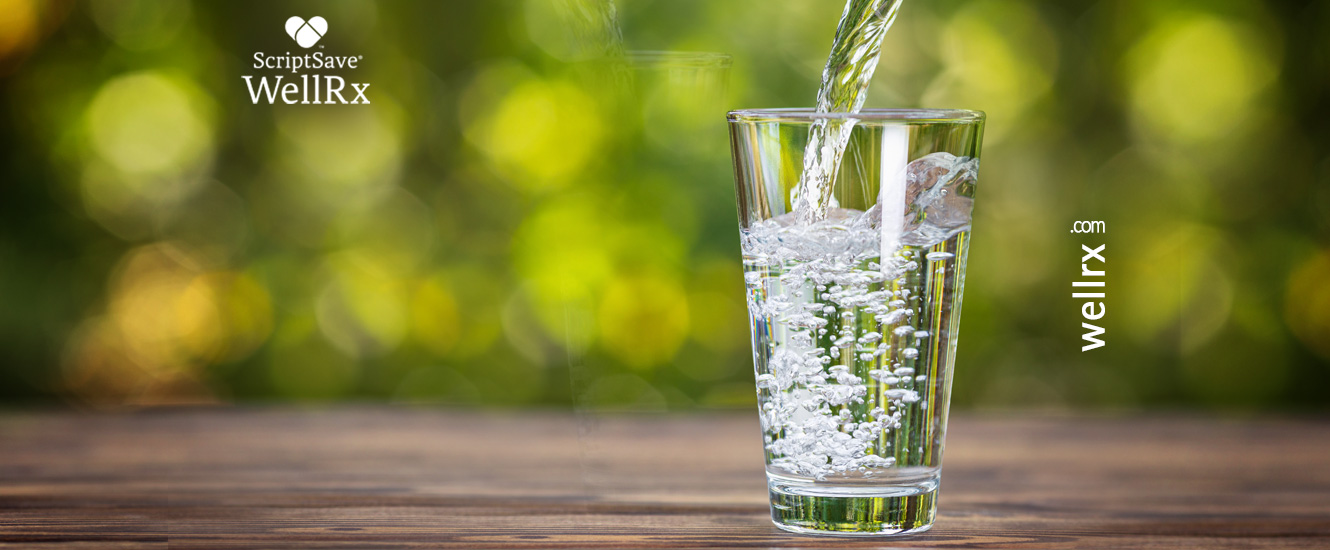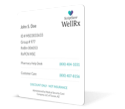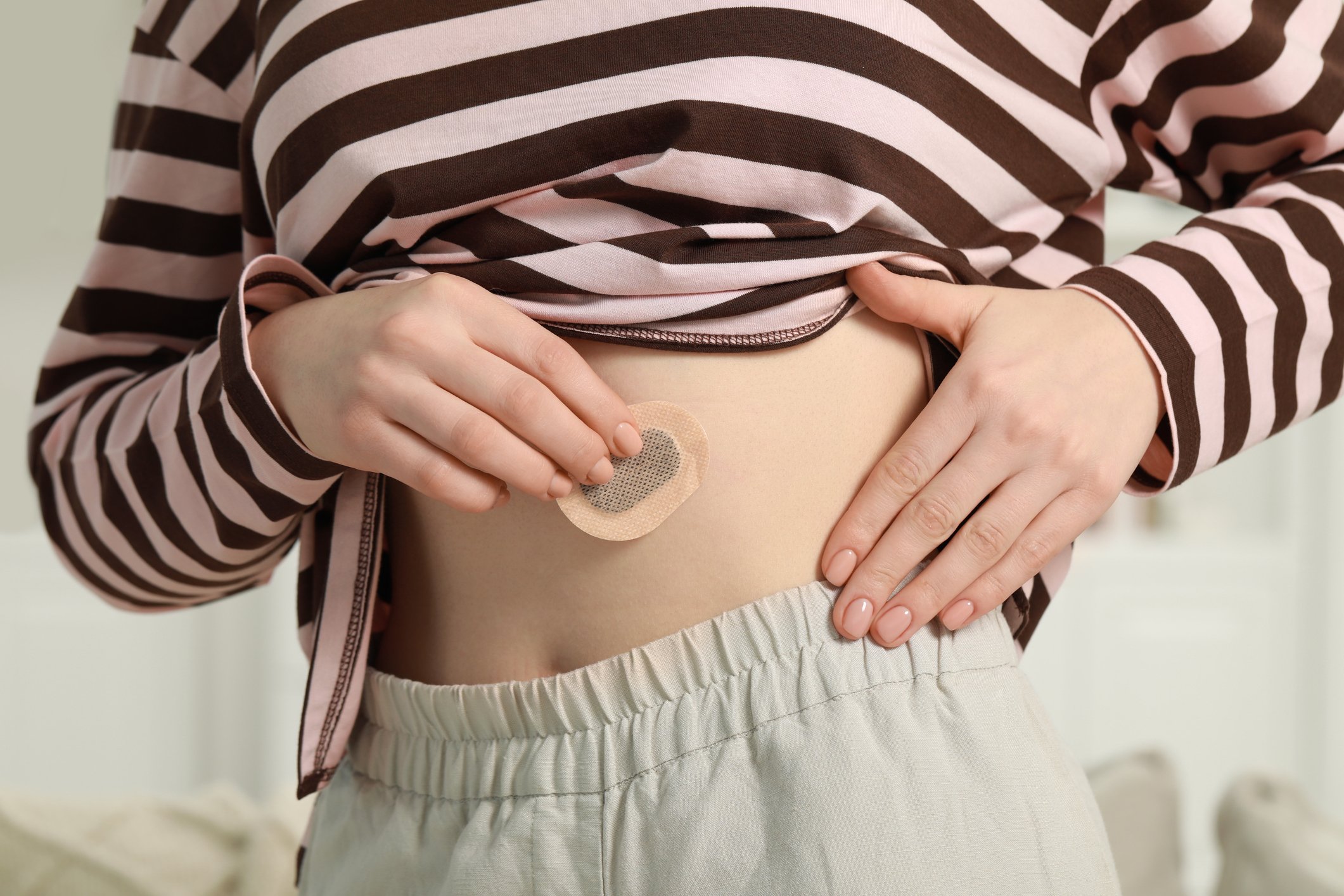How Much Water Should You Drink Every Day?
By Karen Eisenbraun, CHNC
September 3, 2020
Prescription Drugs, Your Health & Wellness

There is some debate regarding how much water you should drink every day to stay healthy and prevent dehydration. The standard rule for water intake is to drink eight 8-ounce glasses of water every day. But this may not be enough. The Institute of Medicine recommends that healthy adults drink more fluids — between 78 and 100 ounces per day. Certain factors can also affect how much water you need, such as the weather, your activity level, and your overall health.
Health Effects of Dehydration
While no exact formula exists for determining your ideal individual water intake, it’s important to stay well hydrated. Water makes up between 55 and 70 percent of our body weight and is necessary for many bodily functions. Research shows that even mild dehydration can lead to numerous health problems.
Dehydration Impairs Brain Function
The brain is about 75 percent water. That means that even mild dehydration, such as the loss of 1–3 percent of your body weight, can have a major impact on brain function. One percent of body weight may not sound like a lot, but this amount of fluid loss can easily occur from normal daily activities. Factors such as high heat or exercise can lead to even more fluid loss.
One study found that a 1.36 percent fluid loss after exercise negatively affected mood and concentration in young women. Participants who were dehydrated reported more difficulty performing certain tasks and were also more likely to experience headaches.
Another study of young men demonstrated that mild dehydration led to increased anxiety and fatigue, and negatively impacted their concentration and working memory as well.
Dehydration Triggers Headaches
Headaches are one of the most common symptoms of dehydration. If you’re prone to headaches, make sure you are staying properly hydrated. Research shows that drinking more water can help relieve headaches for some people.
Dehydration Impairs Physical Performance During Exercise
Intense exercise can lead to significant fluid loss through sweat, and dehydration is common among athletes. Individuals who become dehydrated while exercising can experience increased fatigue, poor endurance, decreased motivation, and an impaired ability to regulate body temperature.
How to Tell if You’re Drinking Enough Water
While some medical professionals may say you need to drink only when you feel thirsty, others maintain that once thirst kicks in, you’re already dehydrated. It’s best to drink water and other fluids throughout the day, even if you don’t feel thirsty.
One of the best ways to tell if you’re getting enough fluids is to watch the color of your urine. If your urine is pale yellow, you are likely properly hydrated. Urine that is dark yellow usually means that you need to drink more water. If your urine is completely clear, it could mean that you are overhydrated. While overhydration is rare, it can be dangerous and is most common among endurance athletes.
Keep in mind that some medications and supplements, such as B vitamins, can alter the color of your urine.
Fluid needs also increase in certain situations, such as if you are breastfeeding or sick with an illness that causes vomiting or diarrhea.
How to Increase Your Water Intake
Many people find it difficult to drink enough water. If you simply forget to drink water or find plain water boring, you’re not alone. Try these tips for increasing your water intake.
- Add some flavor. Adding some lemon, orange, or cucumber slices to your water can add a lot of flavors. For best results, let your fruit soak overnight and refill your water bottle or glass when it’s half-empty so that some of the flavors remain. Beware of powdered water additives, which often contain artificial sweeteners or other unhealthy additives.
- Eat water-rich foods. Many foods have a high water content, which can count toward your water intake. Try eating more water-rich foods, such as cucumbers, watermelon, oranges, and berries.
- Drink more tea. Whether you like it hot or iced, tea is a good source of beneficial antioxidants. Just refrain from adding too much sugar.
- Set a reminder. Set a reminder on your phone or calendar to drink water regularly. Keep a water bottle or glass nearby to make it easier.
- Drink before you eat. Thirst can often disguise itself as hunger. If you feel hungry, drink a big glass of water before you eat anything. Then wait 15 minutes to see if you’re still hungry. This can also help you avoid unnecessary snacking or emotional eating.
- Drink water first thing in the morning. It’s normal to wake up feeling sluggish or with a slight headache because your body hasn’t taken in any water while you slept. Start the day by drinking a glass of room-temperature water.
A final note: Watch out for coffee. There is some debate over whether caffeinated drinks such as coffee or tea count toward your fluid intake. While these drinks do have a mild diuretic effect, research shows they don’t increase the risk of dehydration. Still, pay attention to how they make you feel. Too much caffeine may cause headaches or leave you feeling jittery. When it comes to hydration, water is your best bet. And if you drink alcohol, make a point of drinking a glass of water for each alcoholic beverage to reduce your risk of a hangover.
Karen Eisenbraun is a Certified Holistic Nutrition Consultant. She holds an English degree from Knox College and has written extensively about topics related to holistic health, clinical nutrition, and weight management.
References:
https://www.ncbi.nlm.nih.gov/pmc/articles/PMC4207053/
https://academic.oup.com/nutritionreviews/article/68/8/439/1841926
https://shcs.ucdavis.edu/blog/archive/healthy-habits/your-brain-h2o
https://academic.oup.com/jn/article/142/2/382/4743487
https://www.ncbi.nlm.nih.gov/pmc/articles/PMC6282244/
https://academic.oup.com/fampra/article/29/4/370/492787
Recommended Articles









